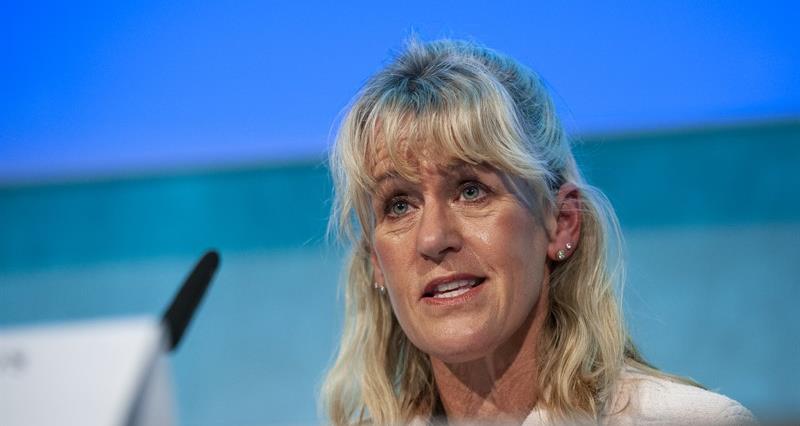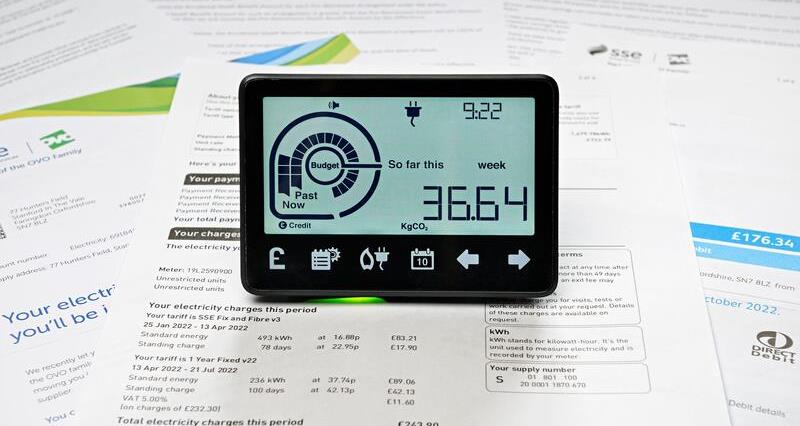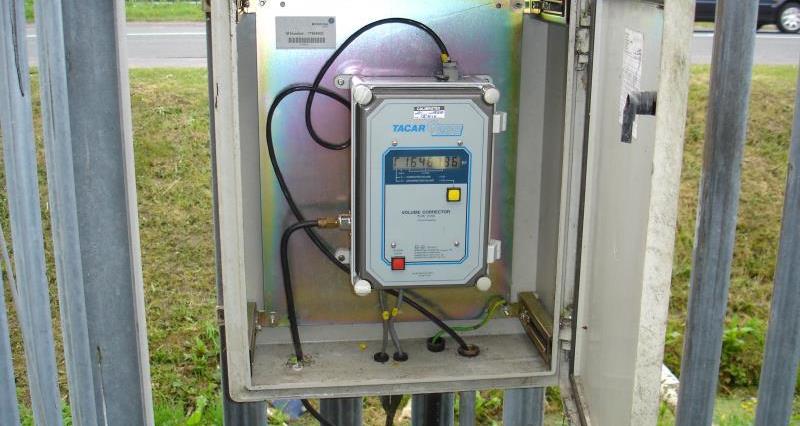The new support will take over from the current EBRS (Energy Bill Relief Scheme) which is due to end in March 2023.
Under the EDBS, there is no longer a price cap, with businesses instead receiving a discount if their contract energy price is above a certain threshold price.
The new scheme offers markedly less protection from volatile energy markets and does little to create certainty for businesses.
Food production overlooked
A pre-defined selection of industries, including botanical gardens, are eligible for additional support under the , however some of farming's most energy dependent sectors, in particular horticulture and poultry, have not been included in this.
Responding to the announcement on the EBDS, NFU President Minette Batters expressed her disappointment over the lack of support for primary food production sectors, “especially given the vulnerability of protected horticulture and poultry production – two sectors that are energy and trade intensive”.
“The government must recognise that its current approach seriously undermines our ability to produce food.”
NFU President Minette Batters
“The omission of horticulture is particularly frustrating. What is the justification for botanical gardens to be included in the scheme, but not food grown in glasshouses?”
Ability to produce food undermined
Minette highlighted how the NFU has repeatedly made the case that energy prices are threatening next year’s crop of tomatoes, cucumbers and peppers, and pointed out how the changes to support seem at odds with the government’s ambitions to grow more fruit and vegetables, according to its .
“While we accept that farming businesses can’t be insulated from long term market realities the government must recognise that its current approach seriously undermines our ability to produce food,” Minette said.
“We are asking for a review of the scheme so that if and when energy prices do rise, there can be changes made to support essential food producing sectors.”


